Packaging Use Appraisal and Customs Declaration Process for Export Lithium - battery Products
The article details the processes and key points of packaging use identification and customs declaration for the export of lithium - battery products. For packaging use identification, the required materials and business processes are listed in detail. In the part of customs declaration, steps such as filling in the goods attributes, providing dangerous goods information, and uploading the use identification result form are described in detail.

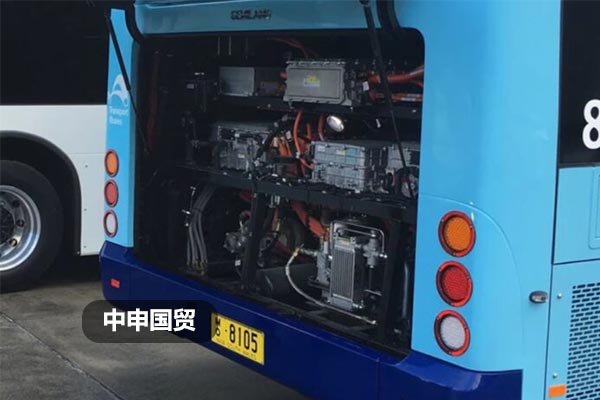
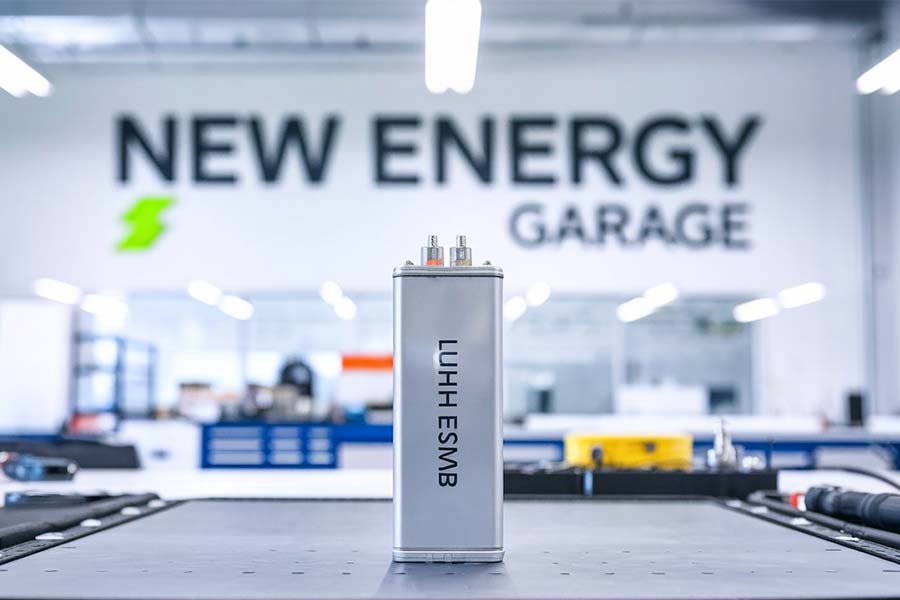
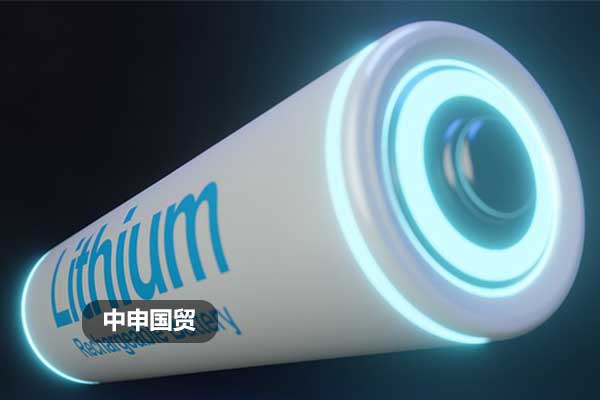
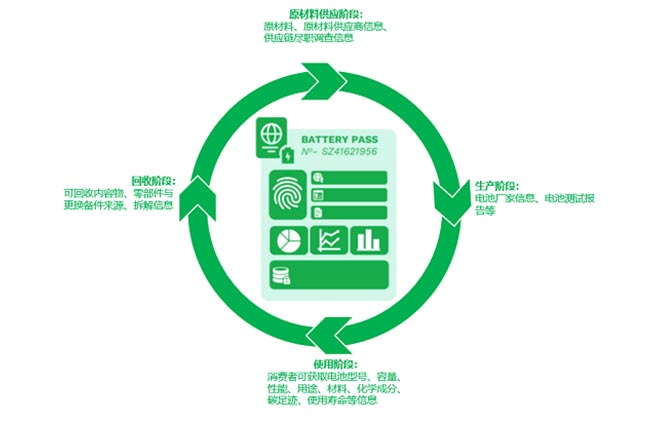
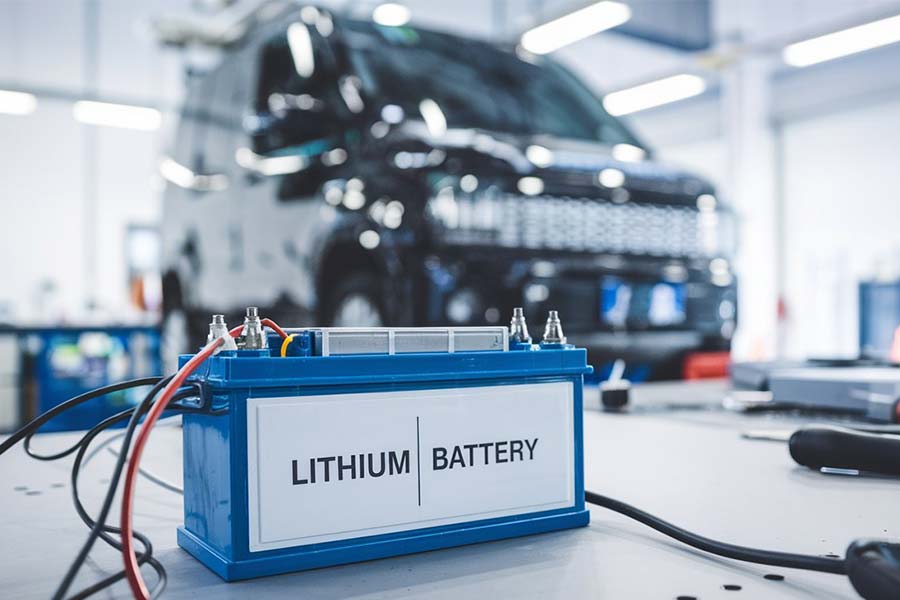
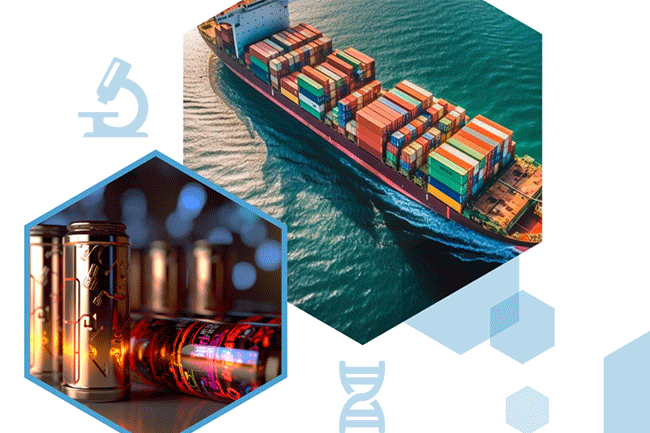
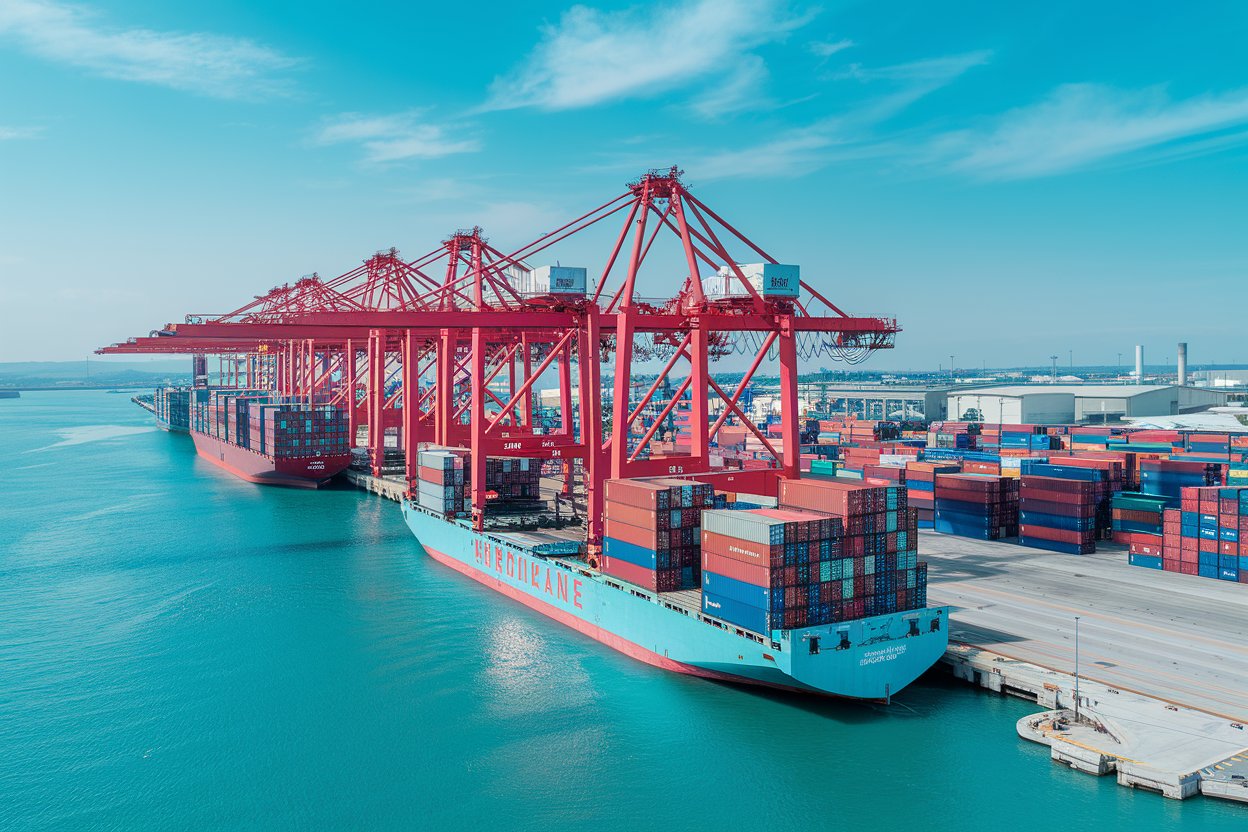
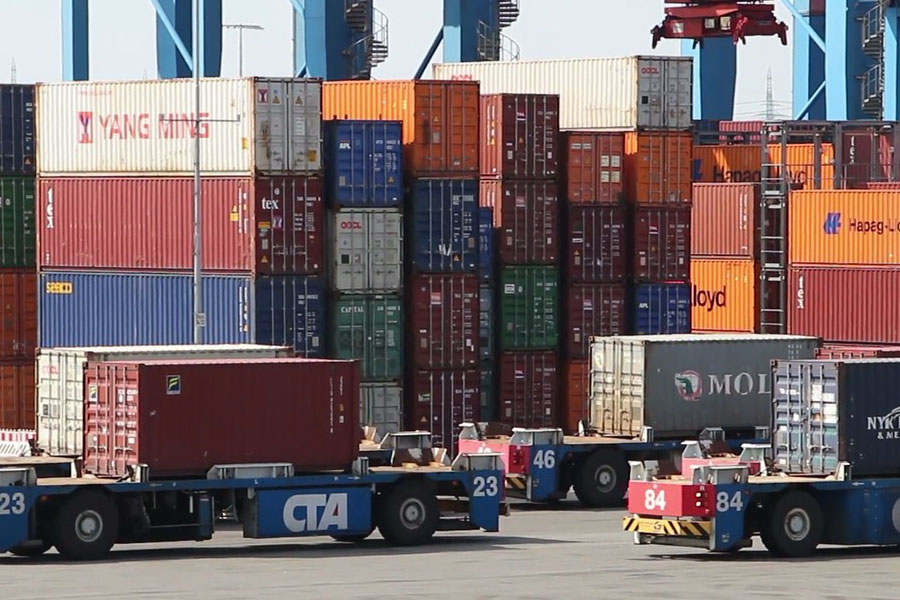
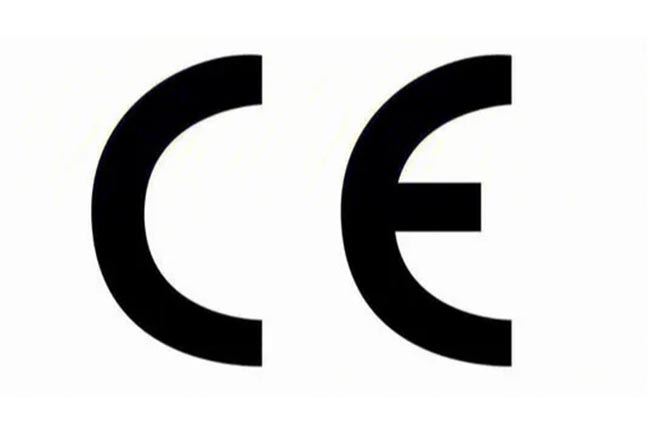
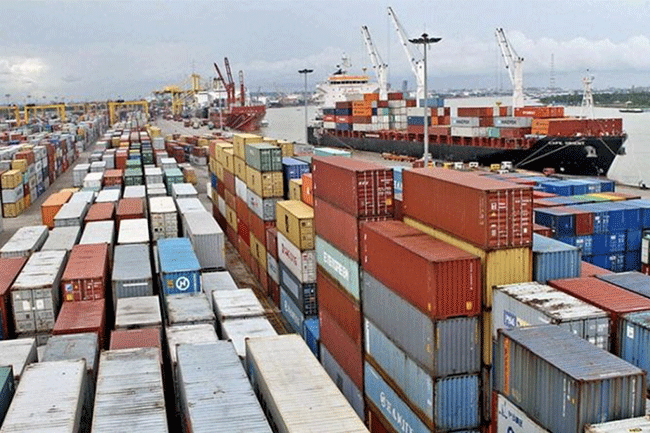


 PSB Record: Shanghai No.31011502009912
PSB Record: Shanghai No.31011502009912



